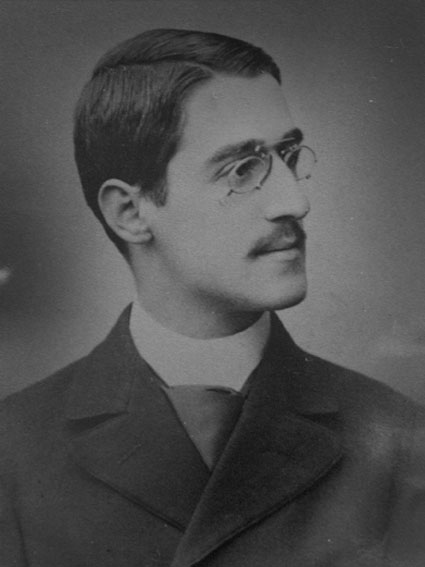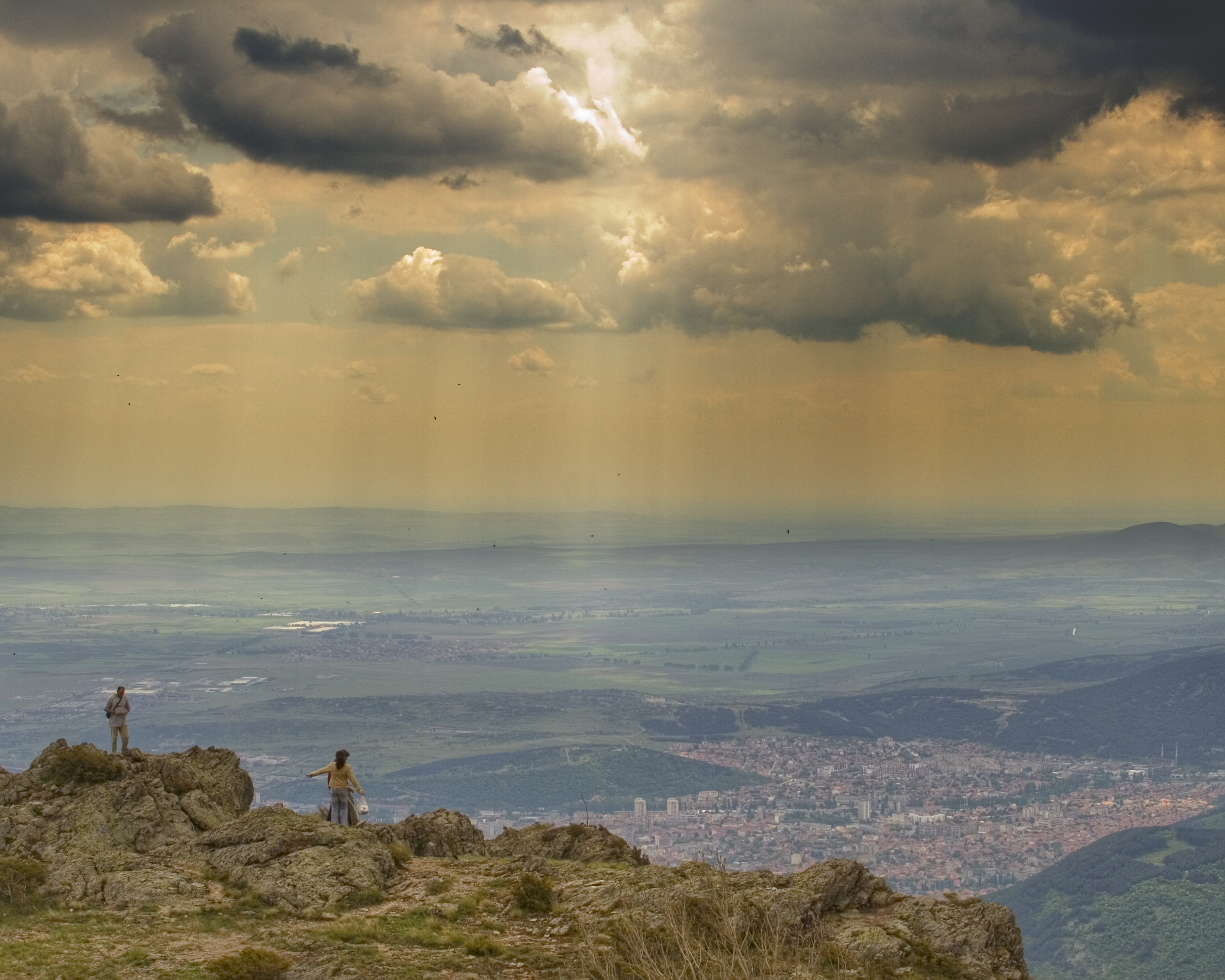|
Bulgarian Social Democratic Workers Party
The Bulgarian Workers' Social Democratic Party (; BRSDP) was a Bulgarian leftist group founded in 1894. History In July 1891, on the initiative of Dimitar Blagoev, the social democratic circles of Tarnovo, Gabrovo, Sliven, Stara Zagora, Kazanlak and other cities united to form the Bulgarian Socialdemocratic Party. The marxist nucleus of the BSDP (later, the so-called ''Partists''), which Blagoev headed, was opposed by a group who were essentially opposed to making the social democratic movement into a party. In 1892 this group, led by Yanko Sakazov, founded a reformist organization, the Bulgarian Social Democratic Union (hence their name, ''Unionists''). In 1894, Blagoev's supporters agreed to unite with the Unionists in the interests of working-class unity and took the name ''Bulgarian Social Democratic Workers' Party''. The First Congress (July 1894), at which the Unionists were in the majority, adopted a program and statutes that were primarily' reformist. They gained the majo ... [...More Info...] [...Related Items...] OR: [Wikipedia] [Google] [Baidu] |
Bulgarian Social Democratic Party (1891)
The Bulgarian Social Democratic Party (; ) was a Marxist political party from 1891 to 1894 in Bulgaria. The Bulgarian Social Democratic Party was the first name of the party created by Dimitar Blagoev on the 1891 Buzludzha Congress.Фосколо, Мона. Георги Димитров. Една критическа биография. София, Просвета, 2013. . pp. 22–23. The party split in the next year with Yanko Sakazov founding the Bulgarian Socialdemocratic Union. It kept this name until its reunification with the Bulgarian Socialdemocratic Union in 1894, when both took the common name ''Bulgarian Social Democratic Workers' Party, Bulgarian Workers' Social Democratic Party''. The General Soviet of the Party was the central leading organ of the BSDP. After the reunification with the Bulgarian Social Democratic Union in 1894, its responsibilities were taken up by the Central Committee of the BWSDP. References Defunct political parties in Bulgaria Political ... [...More Info...] [...Related Items...] OR: [Wikipedia] [Google] [Baidu] |
Stara Zagora
Stara Zagora (, ) is a city in Bulgaria, and the administrative capital of Stara Zagora Province. It is located in the Upper Thracian Plain, near the cities of Kazanlak, Plovdiv, and Sliven. Its population is 121,582 making it the sixth largest city of Bulgaria. The city has had different names previously, including ''Beroe, Borui, Irenepolis, Eski Zagra, Augusta Traiana,'' etc. The earliest traces of civilisation date back to the 7th millennium BC. Some scholars believe that the ancient Thracian city of Beroe was located on the present site of Stara Zagora. In 1968, Neolithic dwellings from the mid-6th millennium BC were discovered in the town, which are the best preserved and richest collection in Europe of its kind and have been turned into a museum. A high density of Neolithic and Chalcolithic settlements has been identified by researchers and a ritual structure nearly 8,000 years old has also been discovered. The first copper factory in Europe and a large ore mining centre w ... [...More Info...] [...Related Items...] OR: [Wikipedia] [Google] [Baidu] |
Political Parties Disestablished In 1903
Politics () is the set of activities that are associated with making decisions in groups, or other forms of power relations among individuals, such as the distribution of status or resources. The branch of social science that studies politics and government is referred to as political science. Politics may be used positively in the context of a "political solution" which is compromising and non-violent, or descriptively as "the art or science of government", but the word often also carries a negative connotation.. The concept has been defined in various ways, and different approaches have fundamentally differing views on whether it should be used extensively or in a limited way, empirically or normatively, and on whether conflict or co-operation is more essential to it. A variety of methods are deployed in politics, which include promoting one's own political views among people, negotiation with other political subjects, making laws, and exercising internal and external f ... [...More Info...] [...Related Items...] OR: [Wikipedia] [Google] [Baidu] |
Defunct Political Parties In Bulgaria
{{Disambiguation ...
Defunct may refer to: * ''Defunct'' (video game), 2014 * Zombie process or defunct process, in Unix-like operating systems See also * * :Former entities * End-of-life product * Obsolescence Obsolescence is the process of becoming antiquated, out of date, old-fashioned, no longer in general use, or no longer useful, or the condition of being in such a state. When used in a biological sense, it means imperfect or rudimentary when comp ... [...More Info...] [...Related Items...] OR: [Wikipedia] [Google] [Baidu] |
Macedonian-Adrianople Social Democratic Group
The Macedonian-Adrianople Social Democratic Group was a regional faction of the Bulgarian Workers' Social Democratic Party in the Ottoman Empire. According to Macedonian historians, most of its activists were ethnic Macedonians. History Creation and development In 1894, on the instructions of Dimitar Blagoev, Vasil Glavinov founded the first socialist group in North Macedonia under the Ottoman Empire, Ottoman Macedonia in Veles. In 1896 Glavinov founded the Macedonian-Adrianople Social Democratic Group itself. Other notable members of the group were Dimo Hadjidimov, Velko Markov, Atanas Razdolov, Dimitar Miraschiev, Nikola Karev, Nikola Rusinski, etc. Raising slogans such as "Macedonia for the Macedonians", and "Autonomy for Macedonia and Adrianople regions", they managed to create socialist groups and circles in some cities in Macedonia and Adrianople Thrace. They published the newspaper Political Liberty (Политическа свобода) and accepted the idea of an armed ... [...More Info...] [...Related Items...] OR: [Wikipedia] [Google] [Baidu] |
1899–1900 Peasant Unrest In Bulgaria
Extensive peasant revolt, peasant unrest took place in Bulgaria in late 1899 and 1900, triggered by the Liberal Party (Radoslavists), Radoslavist government's decision to replace the land tax in rural areas with an in-kind tithe on agricultural produce. This change, set against a background of failed harvests and widespread corruption, was poorly received by the peasant population, who found the new system financially burdensome and unfair. The unrest was most active in the northeast of the country, though protests occurred in all agrarian regions. Opposition initially manifested through local rallies and petitions to the government and the prince in late 1899. However, it evolved into mass rallies and even clashes with the government by the spring of 1900. The government responded with force, deploying the military to quell the protests, which led to numerous clashes and casualties. This led to open rebellion in Trastenik (village), Trastenik and Durankulak, resulting in over 100 ... [...More Info...] [...Related Items...] OR: [Wikipedia] [Google] [Baidu] |
Reformism
Reformism is a political tendency advocating the reform of an existing system or institution – often a political or religious establishment – as opposed to its abolition and replacement via revolution. Within the socialist movement, reformism is the view that gradual changes through existing institutions can eventually lead to fundamental changes in a society's political and economic systems. Reformism as a political tendency and hypothesis of social change grew out of opposition to revolutionary socialism, which contends that revolutionary upheaval is a necessary precondition for the structural changes necessary to transform a capitalist system into a qualitatively different socialist system. Responding to a pejorative conception of reformism as non- transformational, philosopher André Gorz conceived non-reformist reform in 1987 to prioritize human needs over capitalist needs. As a political doctrine, centre-left reformism is distinguished from centre-right or pra ... [...More Info...] [...Related Items...] OR: [Wikipedia] [Google] [Baidu] |
Yanko Sakazov
Yanko Ivanov Sakazov (; 24 September 1860 – 2 February 1941Heumos, Peter. Europäischer Sozialismus im Kalten Krieg: Briefe und Berichte 1944 - 1948'. Frankfurt/Main [u.a.]: Campus-Verl, 2004. p. 55) was a Bulgarian socialist politician. Sakazov was a native of Shumen, then part of the Ottoman Empire. He went abroad for studies during his youth, studying in Western Europe and the Russian Empire. He was a student of natural sciences, philosophy and history in the German Empire, biology in the United Kingdom and literature and art criticism in France. After his return to Bulgaria, he was one of the founders of the Bulgarian Social Democratic Union in 1892. Sakazov edited the Shumen-based publication ''Den'' ('Day') between 1891 and 1896. Sakazov was one of two candidates of the Bulgarian Social Democratic Workers' Party elected to the National Assembly of Bulgaria, National Assembly in the 1894 Bulgarian parliamentary election, 1894 election (the other being Gabrovski). Sakazov ... [...More Info...] [...Related Items...] OR: [Wikipedia] [Google] [Baidu] |
Marxist
Marxism is a political philosophy and method of socioeconomic analysis. It uses a dialectical and materialist interpretation of historical development, better known as historical materialism, to analyse class relations, social conflict, and social transformation. Marxism originates from the works of 19th-century German philosophers Karl Marx and Friedrich Engels. Marxism has developed over time into various branches and schools of thought, and as a result, there is no single, definitive " Marxist theory". Marxism has had a profound effect in shaping the modern world, with various left-wing and far-left political movements taking inspiration from it in varying local contexts. In addition to the various schools of thought, which emphasize or modify elements of classical Marxism, several Marxian concepts have been incorporated into an array of social theories. This has led to widely varying conclusions. Alongside Marx's critique of political economy, the defining ... [...More Info...] [...Related Items...] OR: [Wikipedia] [Google] [Baidu] |
Bulgarian Socialdemocratic Party
The Bulgarian Social Democratic Party (; ) was a Marxist political party from 1891 to 1894 in Bulgaria. The Bulgarian Social Democratic Party was the first name of the party created by Dimitar Blagoev on the 1891 Buzludzha Congress.Фосколо, Мона. Георги Димитров. Една критическа биография. София, Просвета, 2013. . pp. 22–23. The party split in the next year with Yanko Sakazov founding the Bulgarian Socialdemocratic Union. It kept this name until its reunification with the Bulgarian Socialdemocratic Union in 1894, when both took the common name ''Bulgarian Workers' Social Democratic Party The Bulgarian Workers' Social Democratic Party (; BRSDP) was a Bulgarian leftist group founded in 1894. History In July 1891, on the initiative of Dimitar Blagoev, the social democratic circles of Tarnovo, Gabrovo, Sliven, Stara Zagora, Kazanla ...''. The General Soviet of the Party was the central leading organ of the BSDP. Afte ... [...More Info...] [...Related Items...] OR: [Wikipedia] [Google] [Baidu] |
Kazanlak
Kazanlak ( , known as Seuthopolis () in ancient times, is a List of cities and towns in Bulgaria, town in Stara Zagora Province, Bulgaria. It is located in the middle of the plain of the same name, at the foot of the Balkan Mountains, Balkan mountain range, at the eastern end of the Rose Valley, Bulgaria, Rose Valley. It is the administrative centre of the homonymous Kazanlak Municipality. The town is among the 15 biggest industrial centres in Bulgaria, with a population of 44,760 people as of Dec 2017.Bulgarian National Statistical Institute – towns in 2017 It is the center of rose oil extraction in Bulgar ... [...More Info...] [...Related Items...] OR: [Wikipedia] [Google] [Baidu] |
Sliven
Sliven ( ) is List of cities and towns in Bulgaria, the eighth-largest city in Bulgaria and the administrative and industrial centre of Sliven Province and municipality in Northern Thrace. It is situated in the Sliven Valley at the foothills of the Balkan Mountains. Sliven is famous for its heroic Hajduk, Haiduts who fought against the Ottoman Turks in the 19th century and is known as the "City of the 100 voyvoda, Voyvodi", a Voyvoda being a leader of Haiduts. The famous rocky massif Sinite Kamani (Сините камъни, "The Blue Rocks") and the associated Sinite Kamani Nature Park, the fresh air and the mineral springs at Slivenski Mineralni Bani offer diverse opportunities for leisure and tourism. Investors are exploring the opportunity to use the local wind (Bora) for the production of electricity. Another point of interest and a major symbol of the city as featured on the coat of arms, is the more than thousand-year-old Stariyat Briast (Старият Бряст, "The Ol ... [...More Info...] [...Related Items...] OR: [Wikipedia] [Google] [Baidu] |







